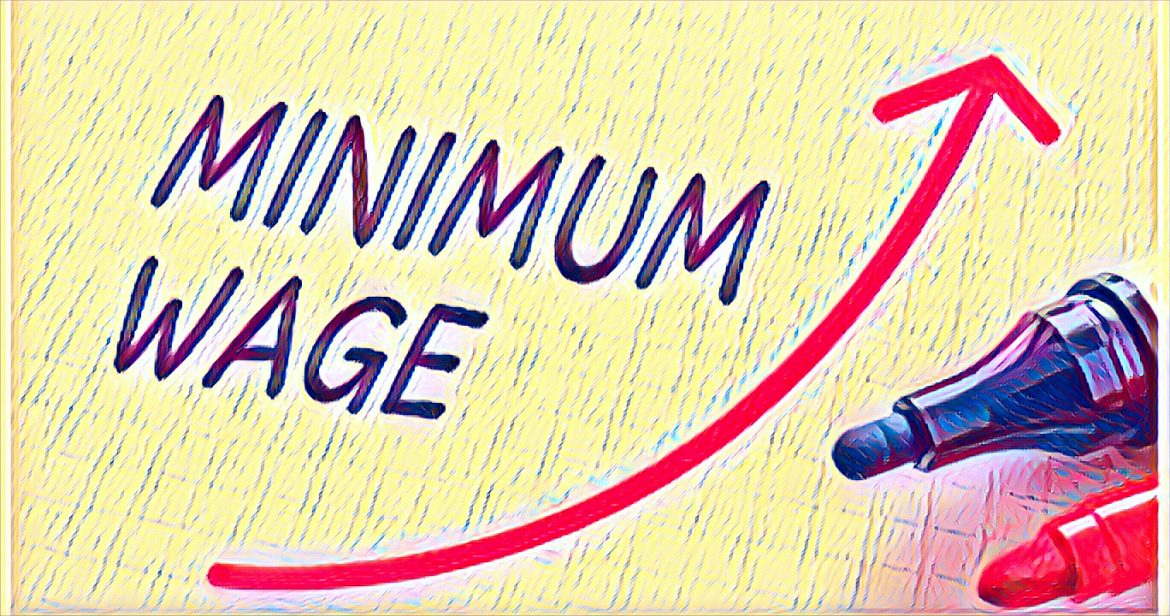The Nigerian federal government, in conjunction with organized private sectors (OPS), has announced an increase in the national minimum wage to N57,000. This new offer comes as a response to ongoing negotiations and pressures from labor unions demanding better pay for workers amid rising inflation and economic challenges.
In a recent meeting held in Abuja, government representatives and OPS leaders agreed on the new wage, which marks a significant increase from the previous N30,000 minimum wage. The move aims to alleviate the financial burden on workers and improve living standards across the country.
Labor Minister Chris Ngige highlighted the importance of the wage hike, emphasizing the government’s commitment to addressing workers’ concerns. “This increase is a testament to our dedication to improving the livelihoods of Nigerian workers,” Ngige said. “We recognize the economic hardships facing many families and are taking steps to provide relief.”
The announcement has been met with mixed reactions. Labor unions, including the Nigerian Labour Congress (NLC) and the Trade Union Congress (TUC), have expressed cautious optimism. While they appreciate the wage increase, they stress the need for further negotiations to ensure the new wage adequately reflects the current economic realities.
“We welcome the government’s decision to raise the minimum wage,” said NLC President Ayuba Wabba. “However, we must ensure that this increase translates into real benefits for workers. We will continue to push for comprehensive measures to address inflation and cost of living.”
The business community has also reacted to the news. Many private sector employers have raised concerns about the potential impact on operational costs and profitability. However, some industry leaders acknowledge the necessity of the increase to maintain workforce morale and productivity.
“It is essential to strike a balance between fair wages and sustainable business practices,” noted Muda Yusuf, Director of the Centre for the Promotion of Private Enterprise. “While the wage increase is necessary, we must consider strategies to support businesses during this transition.”
The new minimum wage will be implemented in phases to allow both public and private sectors to adjust. The government has also announced plans to provide support measures for small and medium-sized enterprises (SMEs) to help them cope with the increased wage bill.
Economists are closely watching the potential impacts of the wage increase on the broader economy. There are concerns about possible inflationary pressures, but many believe that boosting workers’ purchasing power could stimulate economic growth and increase consumer spending.
As Nigeria continues to navigate economic challenges, the minimum wage increase offers a glimmer of hope for workers seeking better livelihoods. The government and labor unions are expected to continue their dialogue to ensure that the wage adjustment effectively addresses the needs of the Nigerian workforce.
Source: Tribune Online


